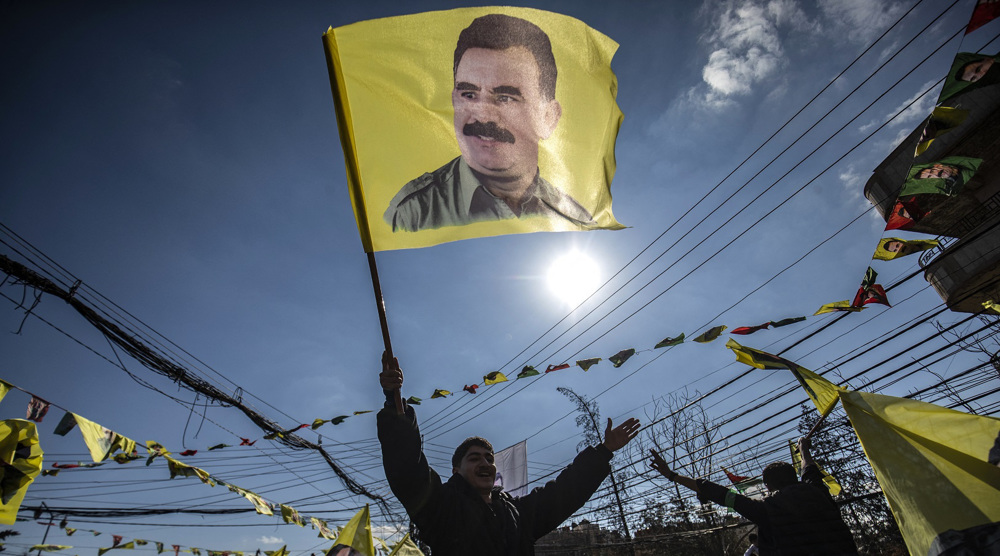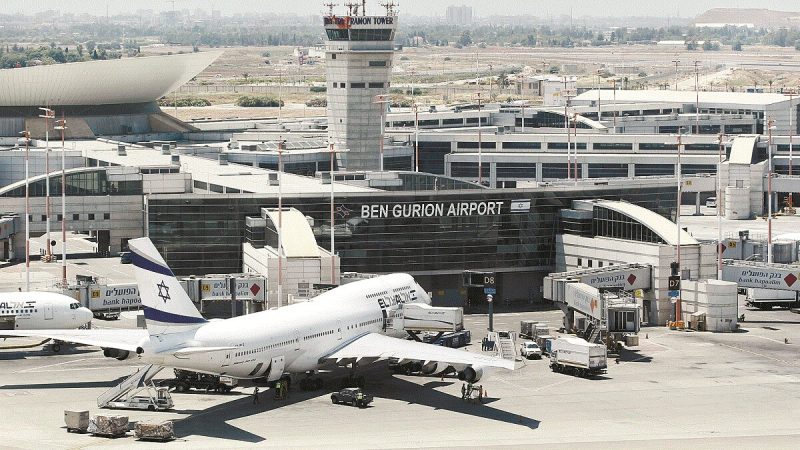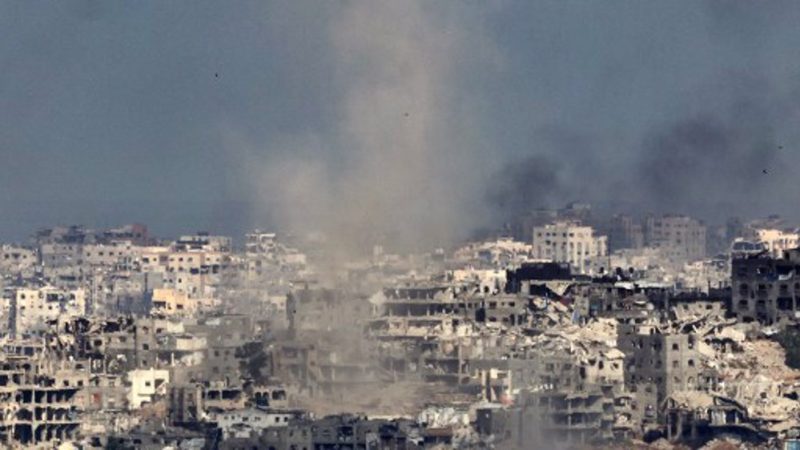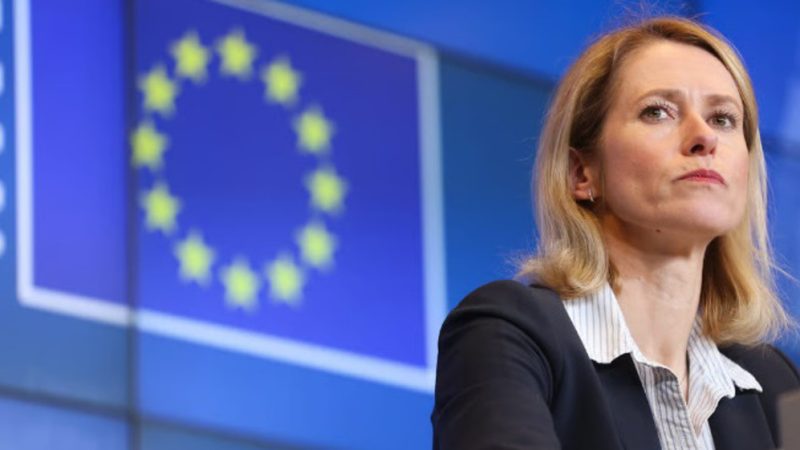PKK rejects 'exile' of its members from Turkey after agreeing to disband

A spokesman for the Kurdistan Workers’ Party (PKK) militant group has objected to the exile of its members from Turkey as a result of any future peace deal with Ankara, saying that “real peace requires integration, not exile.”
Zagros Hiwa made the remarks in an interview with AFP on Monday, a week after the PKK announced its dissolution and the end of its four-decade armed struggle against Turkey.
“Real peace requires integration, not exile,” Hiwa said, adding that “if the Turkish state is sincere and serious about making peace, it should make the necessary legal amendments so that PKK members would be integrated” into society.
He went on to say that the PKK has shown “seriousness regarding peace,” but “till now the Turkish state has not given any guarantees and taken any measure for facilitating the process.”
The Turkish state has also continued its “bombardments and artillery shellings” against the Kurdish group’s positions, Hiwa added.
The PKK spokesman further said that “we expect that the Turkish state makes amendments in the solitary confinement conditions” to allow the group’s jailed leader, Abdullah Ocalan, “free and secure work conditions so that he could lead the process”.
On May 12, the PKK, founded in the late 1970s by Abdullah Ocalan, adopted a decision to disarm and disband.
The historic decision came after Ocalan called on his Kurdish group to lay down arms and dissolve in order to end four decades of conflict, which has claimed tens of thousands of lives.
In a message from his prison on an island off Istanbul, Ocalan said that the PKK should hold a congress and decide to disband. Now 75, Ocalan has been held in solitary confinement since 1999 on Imrali prison island.
Turkey’s President Recep Tayyip Erdogan hailed the move as an “important decision for maintaining peace and fraternity” in the country.
The PKK decision was also welcomed by top officials in Syria and Iraq, as well as the European Union and the United Nations.






